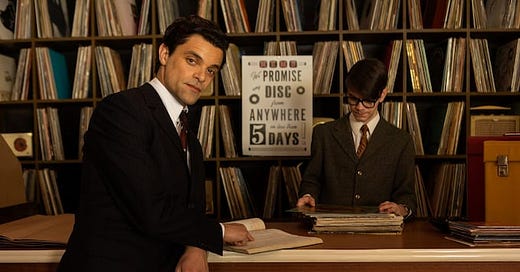There never was nor could be another pop manager like Brian Epstein, the young record salesman from Liverpool who discovered the Beatles and with them changed the course of popular music and culture for ever.
Pop artists’ managers until then had been a nondescript bunch, kno…
Keep reading with a 7-day free trial
Subscribe to Read Me Do with Philip Norman to keep reading this post and get 7 days of free access to the full post archives.




